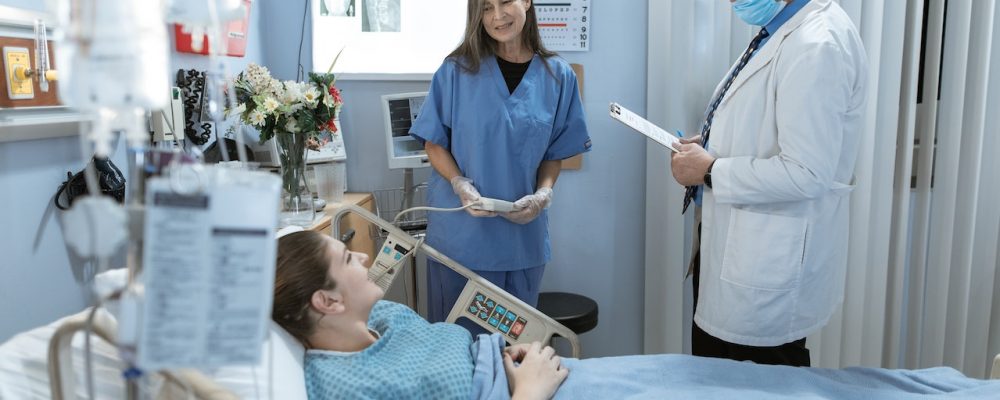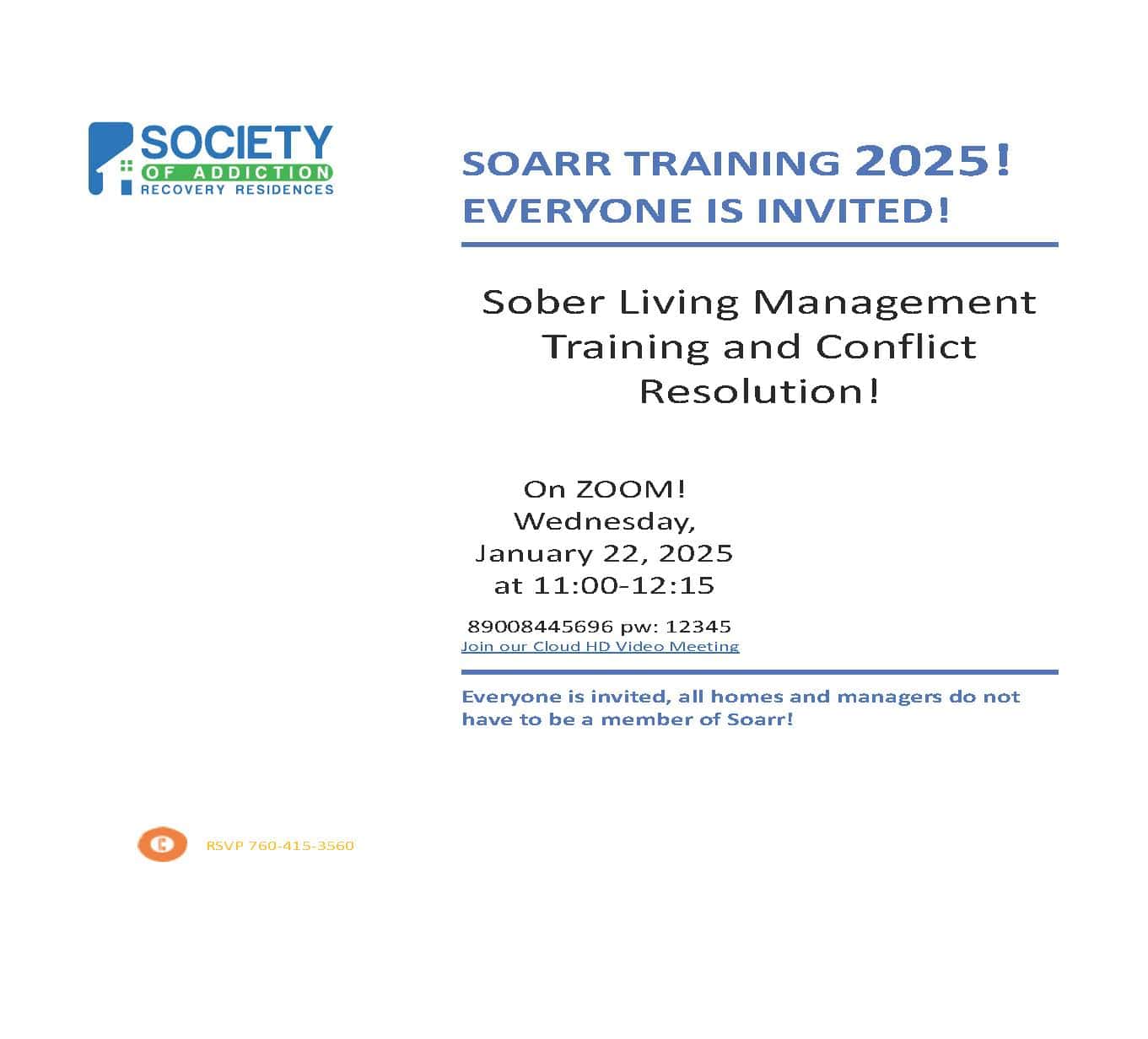The opioid epidemic has been growing and evolving since the 1990s, causing deaths and addiction in every community. Now, doctors say that alongside this addiction epidemic, there is increasing concern about the aftereffects of opioid addiction and the havoc it can play on the cardiovascular system even after a person has been able to quit using drugs. Many active opioid users land in the ER suffering from endocarditis, with some returning multiple times.
Opioid Use and Endocarditis
The opioid addiction crisis began in the 1990s and has significantly impacted how many people are diagnosed with endocarditis yearly. Endocarditis, an infection of the heart’s inner lining (endocardium), usually involves one of the heart valves. Bacteria, fungi, or other organisms can cause it.) Opioids and other street drugs can weaken a person’s immune system and make them more vulnerable to infections. In addition, addiction disrupts a person’s health and sleep, and their natural healing processes may weaken.
People who inject drugs are also at increased risk of developing endocarditis. IV drug use can introduce bacteria. People addicted to opioids may engage in behaviors that increase infection risk, such as sharing needles.
Many people with endocarditis are okay after a hospital stay, but repeated episodes of infection can cause long-term damage.
Heart Damage After Opioid Addiction
People with opioid use disorder (OUD) have impaired control over the use of opioids, leading to significant harm. Addiction causes relationship problems, career issues, and poor judgment. People with OUD tend to continue opioid use despite negative consequences, leading to increased tolerance, withdrawal symptoms, and a strong desire to use opioids. OUD can develop after repeated use of prescription opioids or after using illicit opioids like heroin.
Long-term opioid use can damage blood vessels and decrease blood flow to the heart. Less blood flow increases the risk of ischemic heart disease, in which the heart muscle does not receive enough oxygen-rich blood. In addition, some opioid drugs, such as fentanyl, have been associated with a higher risk of sudden cardiac death. The drug’s effect on heart rate and blood pressure contributes to poor outcomes.
It’s important to note that not all people who use opioids will experience heart damage. The risk of heart damage is higher in specific populations, such as those who use opioids in high doses or for a long time.
Heart Health in Recovery for People With OUD
Recovering addicts who have been using opioids may require specific healthcare for their hearts due to the potential for long-term heart damage. Taking care of your health is an integral part of recovery. A check-up with a regular doctor can help monitor for heart damage.
People with heart damage, high blood pressure, cholesterol, or heart disease should prioritize their health.
Treatment for health issues is between a patient and a doctor. If you have or are at increased risk for heart disease, you may have to participate in the following:
- Monitoring: Regular monitoring of heart function, including blood pressure and heart rate, can help to detect any early signs of heart damage.
- Lifestyle modifications: Making healthy lifestyle changes, such as eating a balanced diet, exercising regularly, and quitting smoking, can help to reduce the risk of heart damage and improve overall heart health.
- Medications: In some cases, medications may be necessary to treat any heart problems resulting from opioid use. You may need medications to manage high blood pressure, lower cholesterol, or prevent blood clots.
- Cardiac rehabilitation: Cardiac rehabilitation programs can help to improve heart function and cardiovascular health. These programs typically include exercise, education, and counseling.
You may have learned about the effects of drugs in treatment, but everyone’s body is different. Some people may be perfectly healthy when they detox. In contrast, others discover that post-detox, they have new health complaints. Getting a checkup yearly can help you and your doctor sort out any chronic issues.
Much is unknown about why some people develop endocarditis, and some don’t. It is a serious disease that can be life-threatening. Getting medical help for it is essential.
Staying sober means taking care of your body, mind, and spirit. Heart health and self-care belong at the top of that list.
Communities Can Take an Active Role
To address the opioid addiction crisis and its impact on endocarditis, the healthcare industry and the community need to take a multi-faceted approach. This may mean increasing access to and funding for evidence-based addiction treatment.
Many states have also turned to harm reduction strategies to reduce the risk of infectious disease transmission. Offering treatment options when people land in the ER with opioid use complications can also help people get sober when they are well.
About SOARR and Sober Housing
SOARR works with addiction recovery facilities to help set the standard for sober housing. If you or somebody you love is looking for a sober residence, please get in touch to learn more about our programs.





